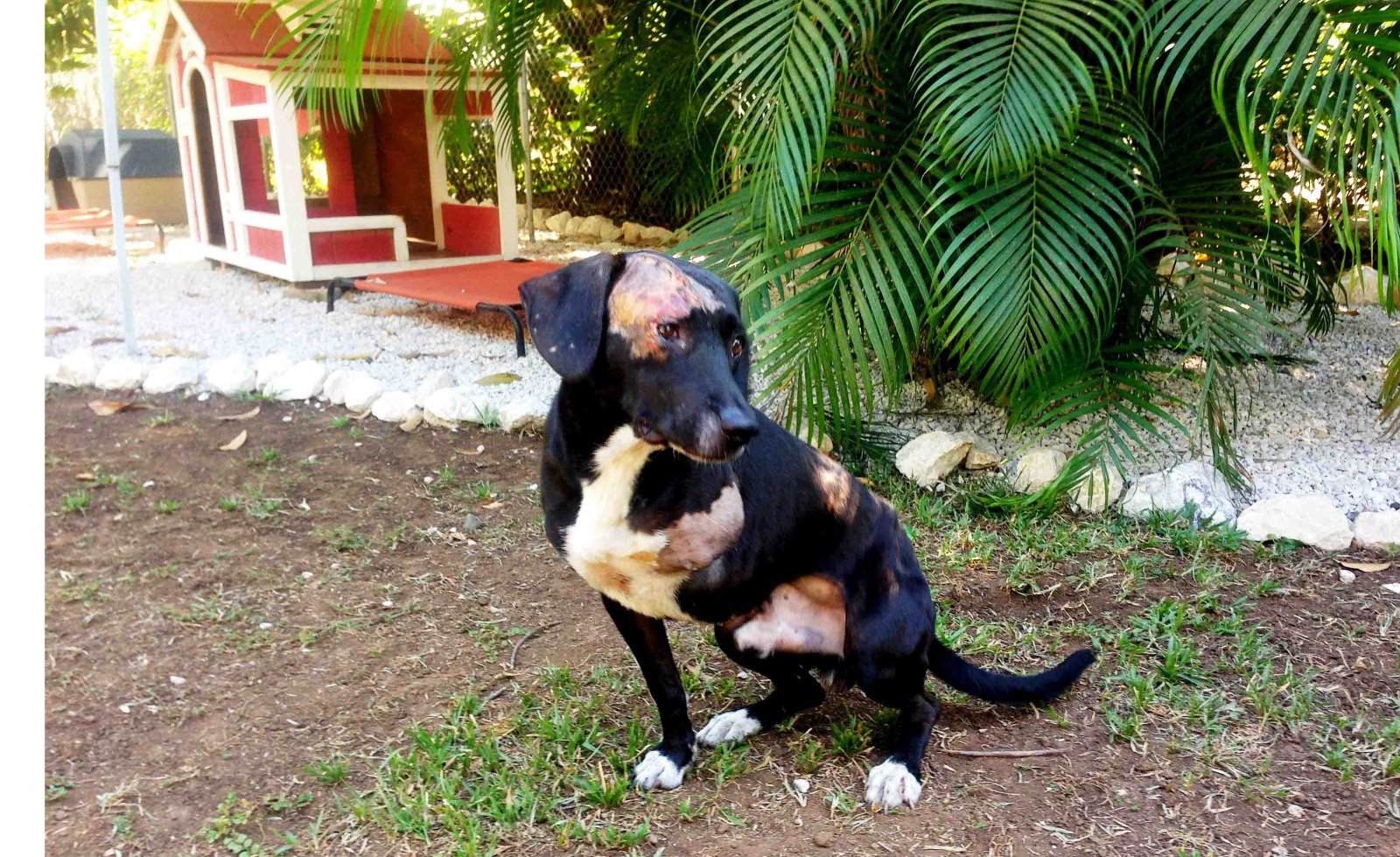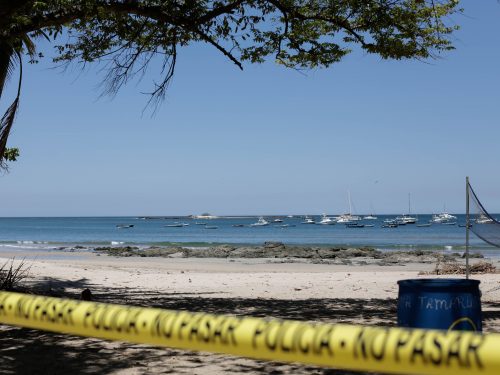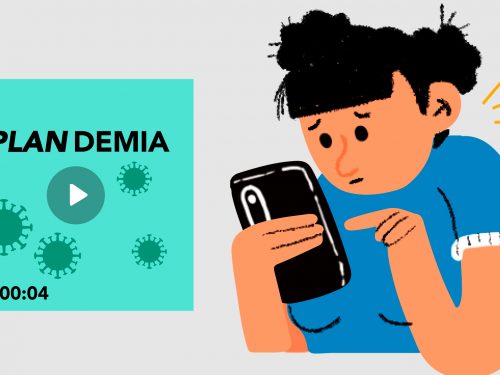
Dog owners in the Nosara area are keeping a closer eye and hold on their pets these days. On January 29th yet another dog was run over and killed by a car in Playa Pelada.
Amid high season volume, the roads are at their busiest with speeding cars, trucks, quads and motos. Without sidewalks or road awareness, off leash dogs fall prey to irresponsible drivers.
Nosara Animal Care (NAC) Director Jeanette Johnstone was walking her foster dogs around 7am near the Nosara Wellness Center. Suddenly, a speeding SUV came racing down the hill. Johnstone yelled, “stop” to alert the driver of an off leash dog in the road, but her screams fell on deaf ears. Without braking, the car ran over the newly rehabilitated dog. After realizing what had occurred, the unknown driver stopped, apologized to Johnstone then drove off. The dog proceeded to perish in Johnstone’s arms on the way to Safari Animal Clinic in Garza.
The dog had been under the NAC’s care for over a year and made a brilliant recovery from the horrific shape she was found in, “which made it even harder to lose her this way,” NAC President Diane Bryant adds. “The issue is driving too fast and forgetting what kind of community this is.”
Animal Safari Clinic Veterinarian Susana Marin Fallas receives dogs that have suffered serious vehicle injuries from the NAC and the community, but “sadly they’re rarely alive by the time they reach my door” Fallas says.
January alone the clinic has had eight cases of car-related injuries. In all of the cases, the dogs were off-leash when the incident occurred. According to Johnstone, “ at least 60% of the injured dogs we receive are hit by some kind of motor vehicle.”
Nosara is known as an animal-friendly area where dogs run free on the beach and in the streets. Hubert Cedeno Rojas, Co-owner of Safari Animal Clinic says “The roads aren’t safe like they once were. People drive like they are in a city here, but it’s rural. They don’t respect that we don’t have sidewalks or streetlights, and the roads are really dusty. The tourists think that it’s an adventure driving on them and the people from urban areas think they can rush like at home. Everyone needs to slow down.”
The clinic also performs its fair share of amputations, the majority of which are caused by vehicle accidents. “No one is keeping an eye on the dogs out on the roads. Many times it is the neighbor who brings in an injured animal. The owner doesn’t find out for a few days sometimes and are often surprised why the neighbor bothered to save the dog at all.” Such is the case with the dog pictured above.
Without any enclosure at his home, he wandered the town freely until a large car hit him on February 2nd. His left arm had to be amputated and his head injury treated. Only two days into the first week of February, and the clinic has already performed two car-related amputations.
With at least three car-related cases a month, both Safari Animal Clinic and the NAC’s advice is that unless dogs are fenced in at home or on the beach being watched, keeping dogs on leash is the best precautionary method.







Comments